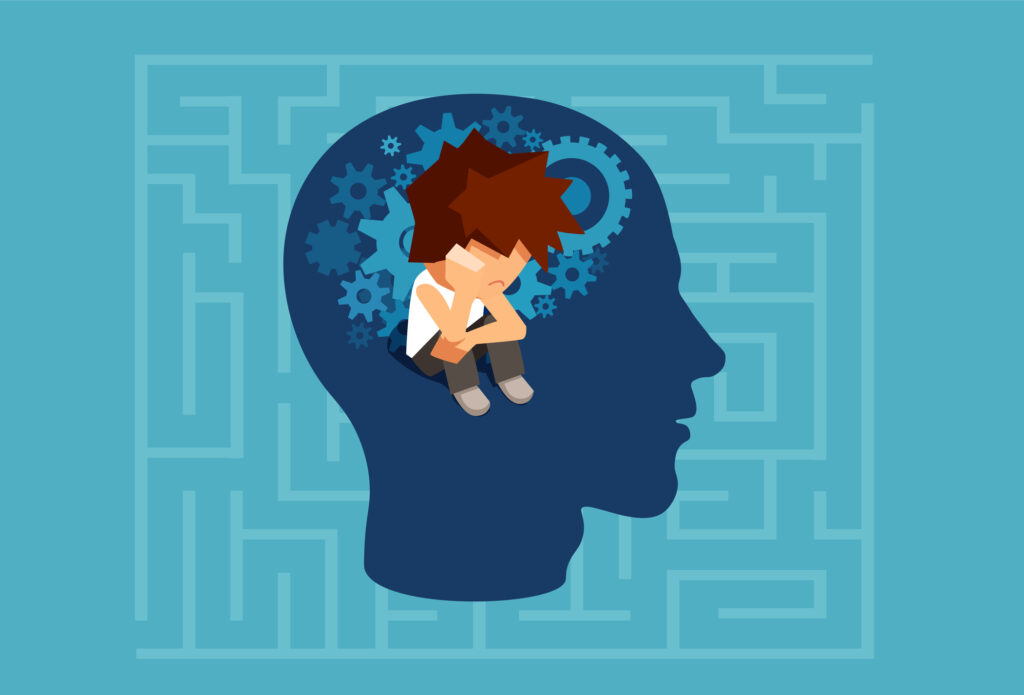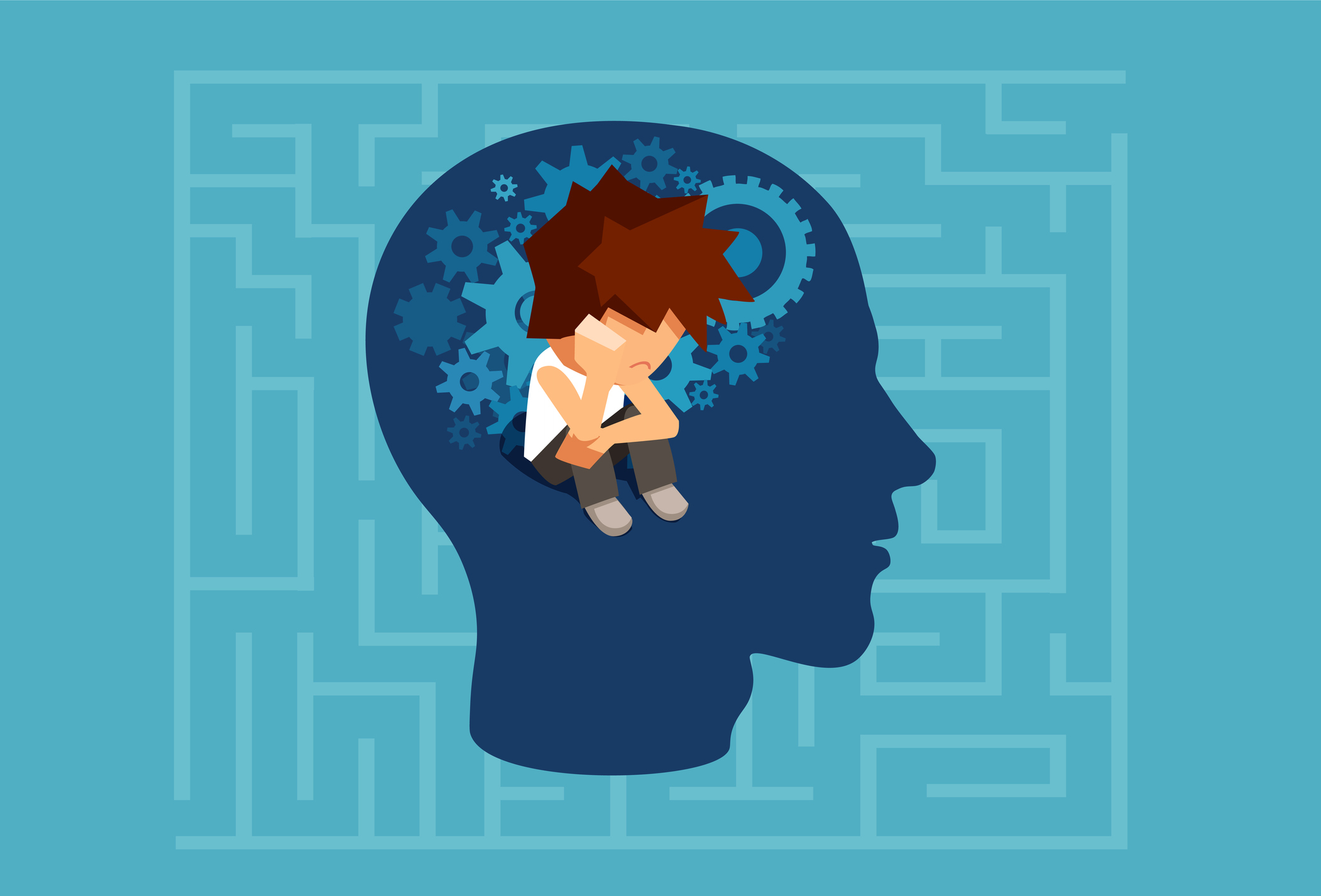
What is ADHD?
ADHD or attention deficit hyperactivity disorder is a common but complex neurodevelopmental disorder. This disorder mainly affects children but can also continue in adulthood. ADHD is more often identified in school-aged children when they display symptoms like hyperactivity, impulsiveness, lack of attention, and frigidity, to name a few symptoms. Research works have also shown that this disorder is more likely to affect boys than girls. Although it is a neurodevelopmental disorder, ADHD is often mistakenly associated with mental illness or disease. Early intervention of ADHD is crucial because untreated ADHD can cause severe problems throughout life.
ADHD Symptoms
According to DSM- V, ADHD can be categories into three subtypes, namely
● Primarily Hyperactive- impulsive type
● Primarily inattentive type
● Primarily combined type
Depending on the subtypes, one can display different symptoms. We have done some digging for you to share some of the most prevalent ADHD symptoms.
1. Lack of focus– People with ADHD have issues in staying focused on activities that require a long attention span. They often find it difficult to focus during lectures, lengthy meetings, or long reading.
2. Easily distracted– People displaying ADHD symptoms don’t seem to pay attention when spoken to due to a distracted mind. Most of the time they seem to procrastinate and remain somewhere else emotionally.
3. Lack of organizing skills– ADHD can affect one’s organizing skills, which may include organizing tasks, managing time, etc. People with this disorder may also fail to follow any deadline.
4. Forgetfulness– Forgetfulness can be another symptom in people with ADHD. They may forget to do their daily tasks like doing everyday chores, keeping assignments, or running errands.
5. Hyperactivity– Hyperactivity is one of the most common symptoms in those displaying Primarily Hyperactive- impulsive type ADHD. They may always seem to be “on the go” as if driven by an ignited motor. Fidgets with fingers, hands, or feet can also be prevalent.
6. Impulsive behavior– Impulsive behavior like speaking excessively, blurting out an answer before a question ends, etc., can also be present in people diagnosed with ADHD.
Although ADHD is common, it cannot be diagnosed in a lab. Early ADHD diagnosis largely depends on gathering information from teachers at school, parents, and close ones regarding the child or adult concerned. However, before confirming ADHD, it is necessary to check if the person is suffering from any other medical issue.
Potential causes of ADHD
There is no scientific reason that can back up the cause of ADHD. However, there is evidence, which states that genetic marking can contribute to ADHD. Certain research works have also found that the brain structure of people with ADHD may be different than those without it. The imbalance in the level of neurotransmitters in the brain may also contribute to ADHD.
There are certain specific groups of people who are believed to be more at risk of ADHD like:
● Those with epilepsy
● Those born prematurely
● Those with some kind of brain damage- either congenital or acquired
ADHD needs timely diagnosis
If you are sure about the symptoms of ADHD, you might want to seek assistance from a GP or general physician. Although a GP is not the person who may formally diagnose ADHD, he/she may help you refer to a specialist for the proper assessment, if needed.
During the initial assessment, you may be asked a few questions like:
1. When did the symptoms start?
2. How severe are the symptoms?
3. How long have these symptoms been bothering you?
4. Do you feel any potential triggers?
5. If you have any family history of ADHD?
6. If you have suffered any brain injury?
7. Were you born prematurely?
After consulting with the GP, you must get referred to a specialized professional who is trained in diagnosing ADHD. You can seek help from a clinical psychologist, clinical health worker, and special educator.
The diagnosis process may also involve steps like watching the child for several weeks, mostly around 10 weeks, to observe if the symptoms improve or exaggerate. Attending a group-based, ADHD-focused parent training or education program can also be suggested. Later, in the process, a formal assessment can also be suggested for better intervention.
In the case of adults with ADHD, visiting a mental health professional for an assessment is often advised. Many healthcare professionals will start by asking you to fill up a checklist before proceeding towards the formal assessment. To determine if you have ADHD, the health worker may ask questions like:
● How long have you been displaying the symptoms?
● Does your family have any history of ADHD?
● How much do these symptoms interfere with your daily activities?
After the initial diagnosis, you may be referred to a formal assessment.
Understanding the ADHD diagnosis and the coexisting conditions
It may be disheartening to be diagnosed with ADHD. However, it is not a mental illness or a sign of lunacy. It is just a neuro-developmental issue whose symptoms can be controlled if intervened early.
Since ADHD has many myths associated with it, a diagnosis may feel like a label. But instead of feeling intimidating, you should take it as a scope that explains why you may have struggled with life skills. Also, you can have an opportunity to get relief from the challenges you faced in your day-to-day life. What more? A proper diagnosis of ADHD can help you identify other coexisting conditions like depression, anxiety, specific learning disability, autism, and substance abuse.
A few last words
An early diagnosis of ADHD can be a wake-up call and give you a push to understand why you are facing challenges with day-to-day activities. Managing ADHD takes time but it can be done. It is treatable and the symptoms can be controlled. What is required is seeking help on an urgent basis. With the right intervention process and support, you can live a healthy and happy life.
